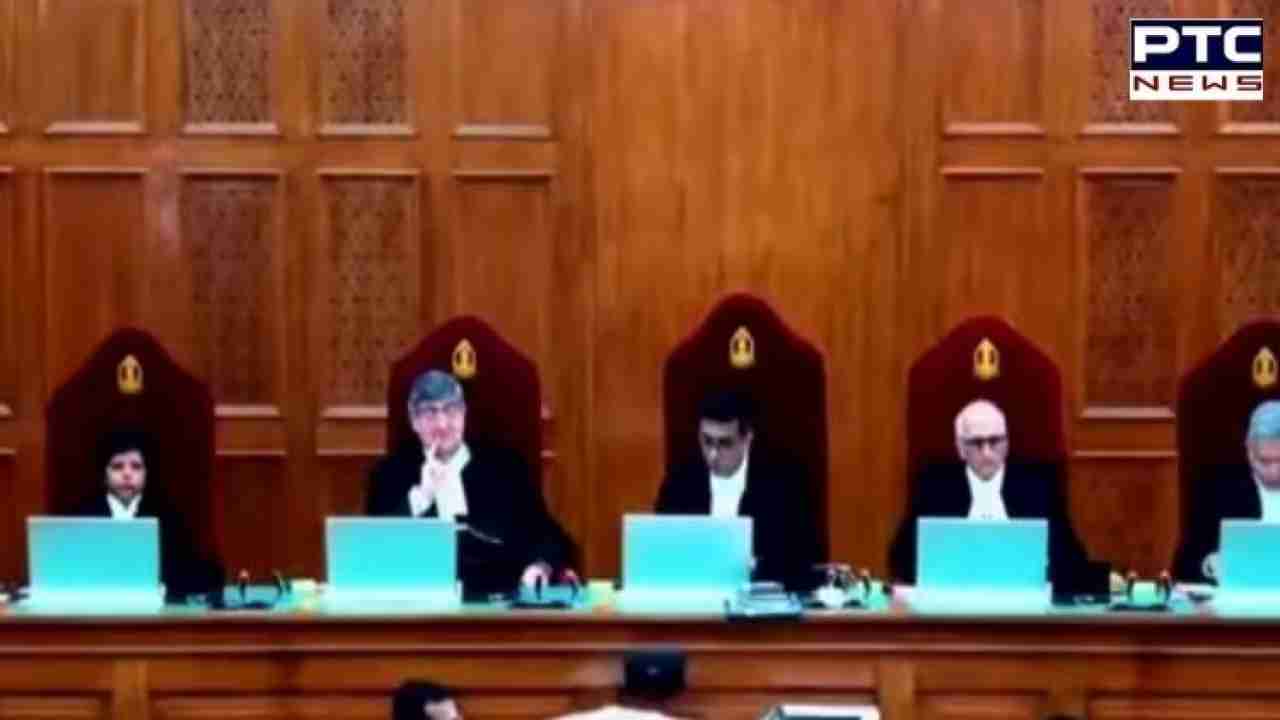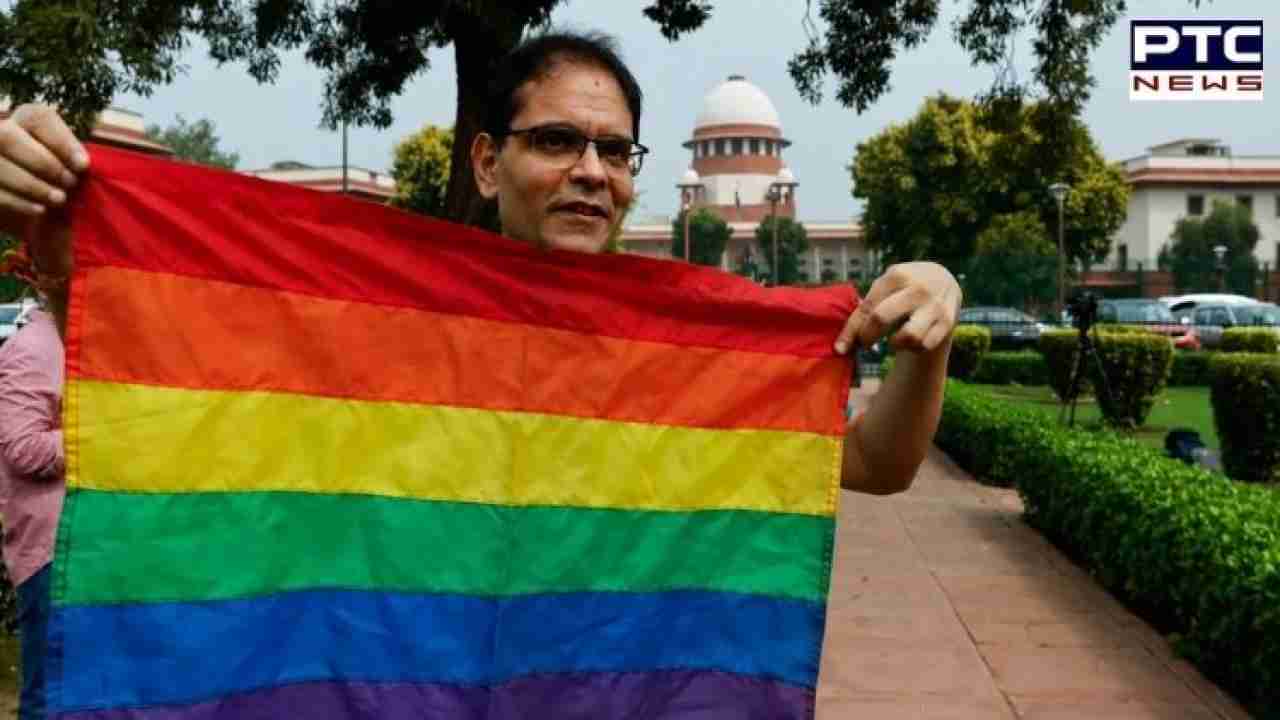

Same-sex marriage verdict: Supreme Court declines to legalise same-sex marriages, defers decision to Parliament
Same-sex marriage verdict: The Supreme Court, in a significant verdict today, refrained from legalizing same-sex marriages but emphatically asserted that an individual's right to enter into a union cannot be restricted based on sexual orientation. The five-judge bench issued four separate judgments, with differing viewpoints, primarily regarding adoption rights for queer couples.
While the judges did not make marriage equality a reality, they did call upon the central government to establish a committee to address practical concerns faced by same-sex couples. These issues include obtaining ration cards, pension rights, gratuity benefits, and addressing succession matters.
#WATCH | Supreme Court refuses to give marriage equality rights to the LGBTQIA community in India
One of the petitioners and activist Anjali Gopalan says, " We have been fighting for long and will keep doing so. Regarding adoption also nothing was done, what the CJI said was… pic.twitter.com/2ZyjPmdvi7 — ANI (@ANI) October 17, 2023
The center had previously informed the court on May 3 that it intends to form a committee led by a cabinet secretary. The committee's purpose is to explore administrative solutions to the problems encountered by same-sex couples, without delving into the question of marriage equality.
A 3-2 judgment was delivered on the matter of adoption rights. Chief Justice of India DY Chandrachud and Justice SK Kaul recognised the right of queer couples to adopt, while Justices S Ravindra Bhat, PS Narasimha, and Hima Kohli disagreed.

Justice Chandrachud emphasized the significance of choosing a life partner, describing it as an integral part of an individual's life journey. He noted that some may regard this as the most important decision in their life. He stressed that this right is fundamental and falls under the right to life and liberty as guaranteed by Article 21 of the Indian Constitution.
"The right to enter into a union includes the right to choose one's partner and the right to recognition of that union. A failure to recognise such associations will result in discrimination against queer couples," Chief Justice Chandrachud asserted. He also made it clear that the right to enter into a union cannot be restricted based on sexual orientation.
#WATCH | "I welcome the decision of the Supreme Court where they have not allowed same-sex marriage," says Supreme Court Bar Association president Adish Aggarwala. pic.twitter.com/7yHPeImcvz — ANI (@ANI) October 17, 2023
Disagreeing with the center's argument that marriage equality is an urban, elite concept, the Chief Justice stated, "Queerness is not urban elite. Homosexuality or queerness is not an urban concept or restricted to the upper classes of society."
In support of adoption rights for queer couples, he pointed out that there is no evidence to suggest that only heterosexual couples can provide stability to a child. He also criticized the Central Adoption Resource Authority, stating that it "exceeded its authority" by prohibiting adoption by same-sex couples.
Justice Kaul agreed with the Chief Justice and acknowledged the need for an anti-discrimination law. He highlighted the historical recognition of same-sex relationships and their importance for emotional fulfillment.
Justice Bhat, while agreeing that queerness is "neither urban nor elitist," disagreed with the Chief Justice's directives. He expressed reservations about the court creating a legal framework for queer couples, asserting that it should be the legislature's role to address such issues.
Regarding adoption, Justice Bhat emphasized the need for the state to explore all aspects and ensure that all children in need of stable homes are provided with suitable opportunities. He argued that the court cannot make decisions on the right of queer couples to adopt, emphasizing the importance of legislative action and the complexity of the matter.
The Chief Justice concluded by expressing his disagreement with Justice Bhat's approach, particularly on the issue of adoption, which he deemed inconsistent with addressing discrimination against queer couples. He asserted that he could not reconcile with such an approach.
- With inputs from agencies
